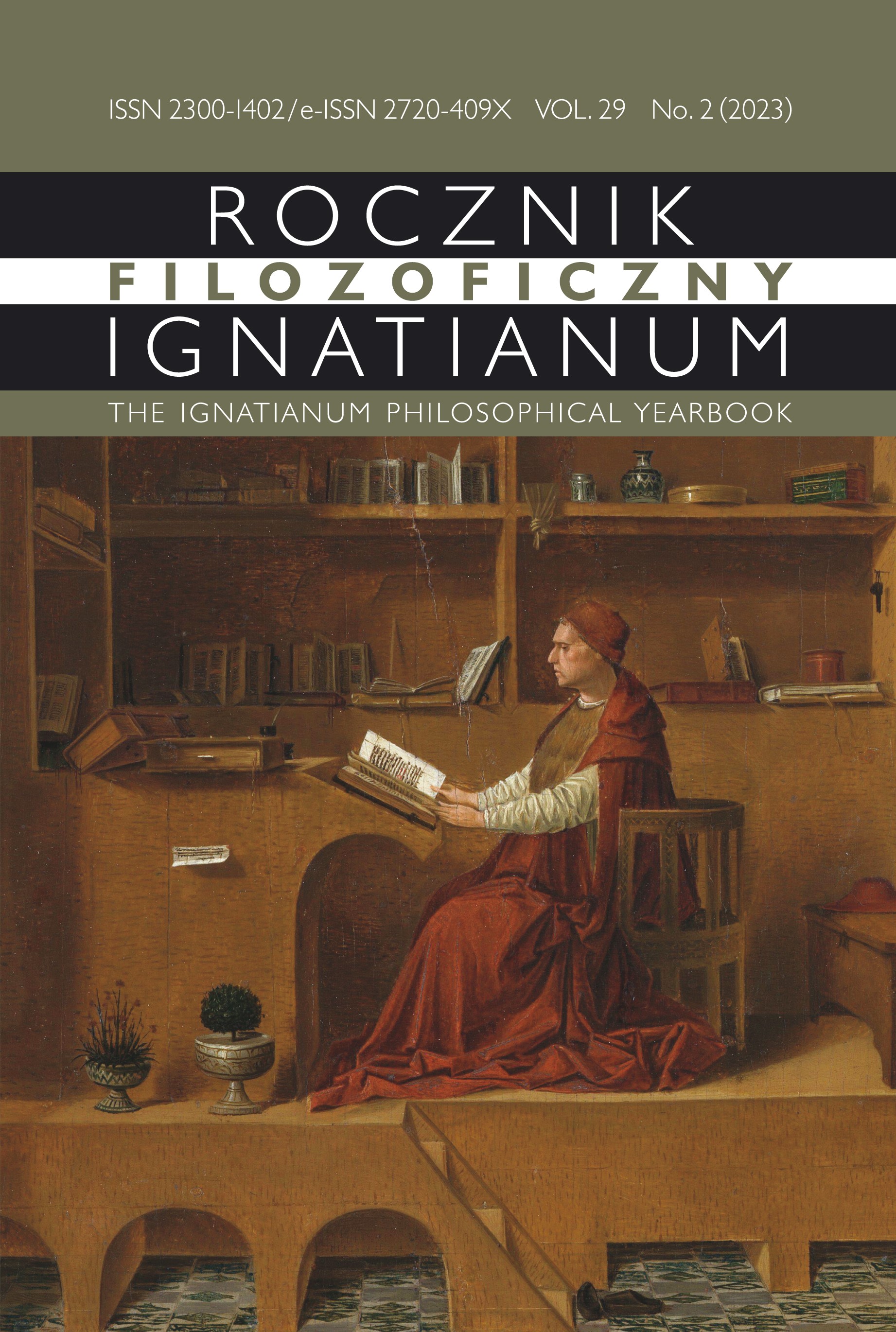On Modern Polish Language in the Pauline Bible
A “Curse” of the Translation Series
Abstract
The author argues that the Paulian Bible, and particularly the translation of the Gospels and Psalms, uses only seemingly “modern language”, as its text in many cases borrows full phrases from the Millennium Bible. This creates a certain linguistic hybrid, mixing colloquial language and a “Polish biblical style” already established by tradition. This thesis is illustrated by numerous examples based on to the analysed text. Another issue is the theoretical and practical validity of the very fact of relying on modern language, and indeed on colloquial language in the translation of the Scriptures. From a theoretical point of view, this clearly contradicts the tradition set by St. Jerome’s Vulgate, whose translational language violated the canons of Ciceronian Latin (i.e., the language that sounded natural to the educated audience of the time), in an effort to be as faithful to the original as possible. Jerome juxtaposed it with the syntactic structures of Hebrew, resulting in a certain new quality, still perceived long afterwards as a “beneficial linguistic dissonance” (a formulation coined by Berman), also leading to an expansion of the resources of the target language. This principle was adopted in later Catholic translations of the Bible, including Father Jakub Wujek translation, and only rejected by the new Protestant tradition inaugurated by Martin Luther. From a practical point of view, however, one may inquire about the pastoral effectiveness of using such language and reaching out to the Protestant tradition in a situation where the Protestant churches of Europe are emptying, despite the proposal of “easified Christianity”.
Copyright (c) 2023 Jesuit University Ignatianum in Krakow

This work is licensed under a Creative Commons Attribution-NoDerivatives 4.0 International License.
The Yearbook only accepts materials for publication that are free of all conflicts of interest, and that in no way involve conflicts over authorship, copyright, etc. The Editors will take action against any cases of plagiarizing, ghostwriting1, guest/honorary authorship2, etc. Where co-authored work is concerned, the Author listed first is expected to take responsibility for the submission, and is required to make clear the contributions of all of the Co-Authors involved. In the event of the publication owing its existence to funding dedicated to this purpose, this fact should be made clear: e.g. in any note of thanks/acknowledgement, or in a footnote, etc. Explicit notification should be given of any form of reprinting, with the appropriate evidence of permission to publish being furnished as required. Any impropriety on the part of Authors/Reviewers risks exposing them to appropriate responses from the relevant institutions.
______
1 This term refers to instances of a person who has made an essential contribution being omitted from the list of authors, or from notes conveying gratitude and/or acknowledgement.
2 This occurs when a person who has made either an insignificant contribution or no contribution at all nevertheless appears on the list of authors.





